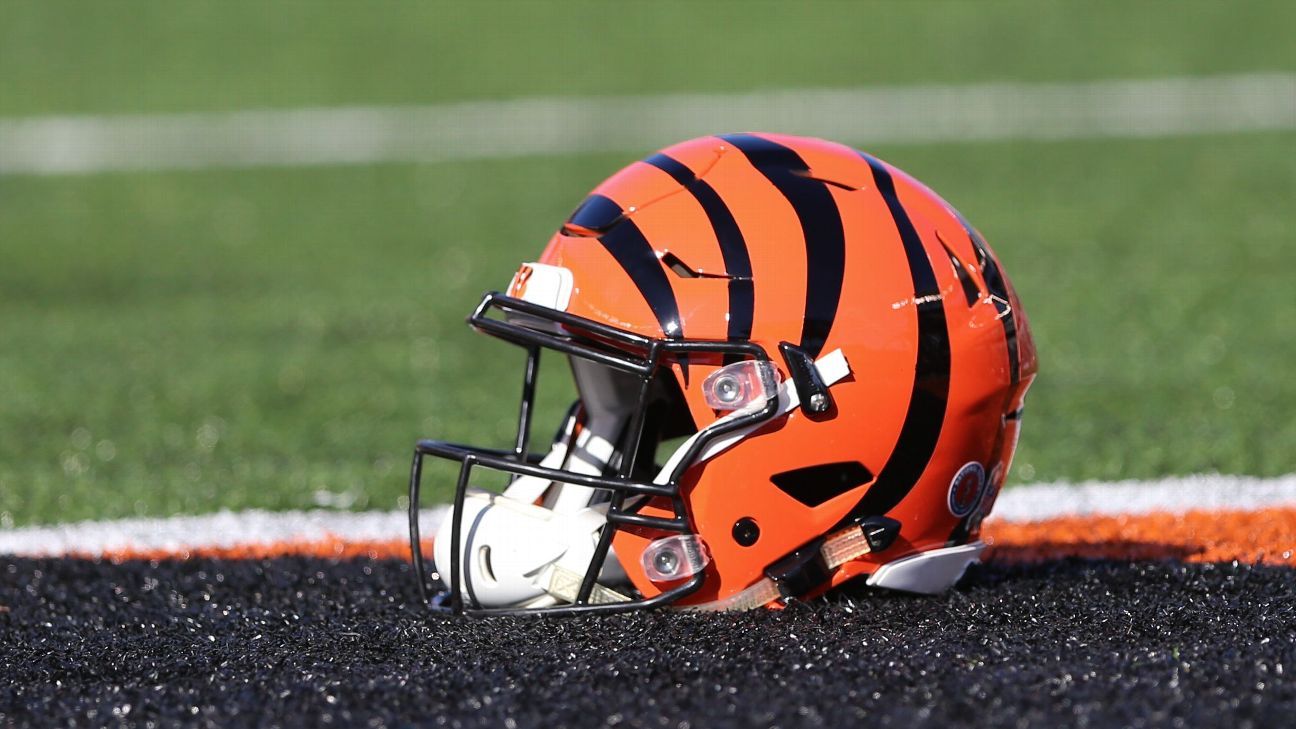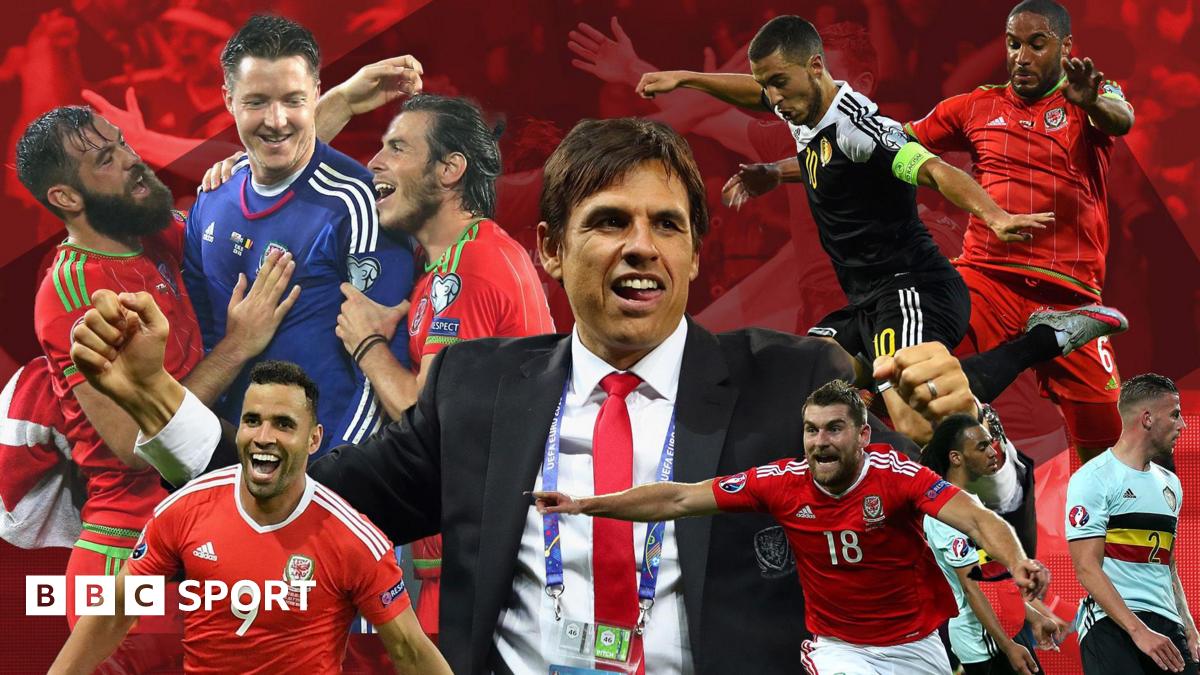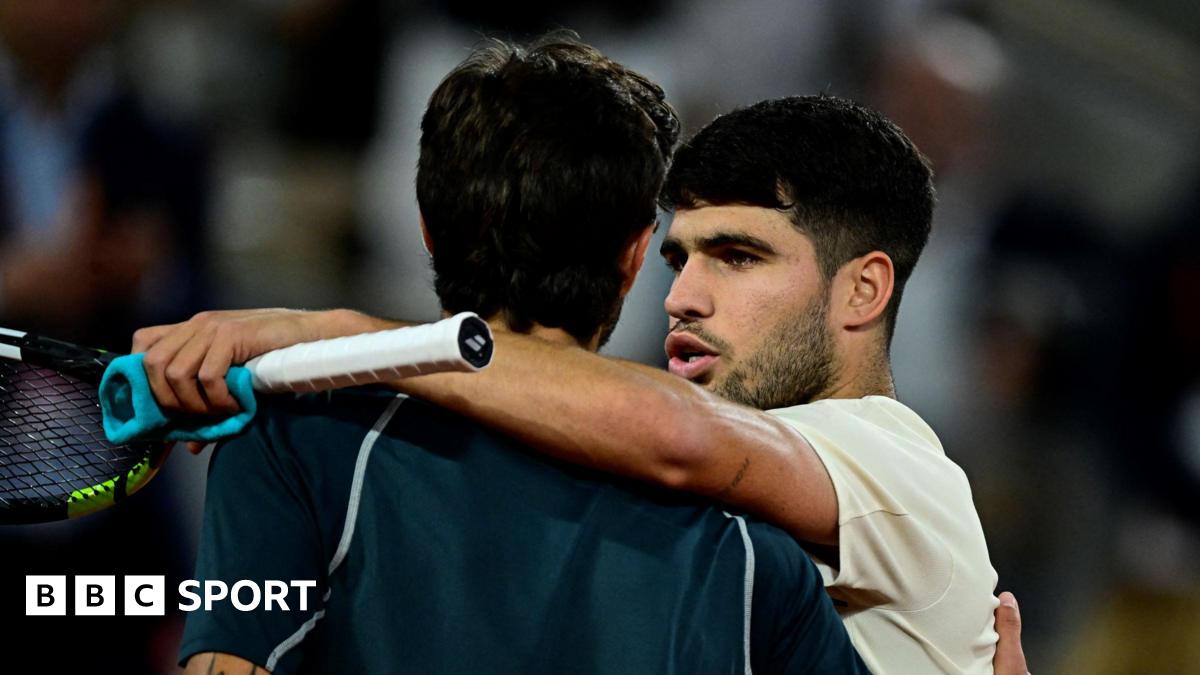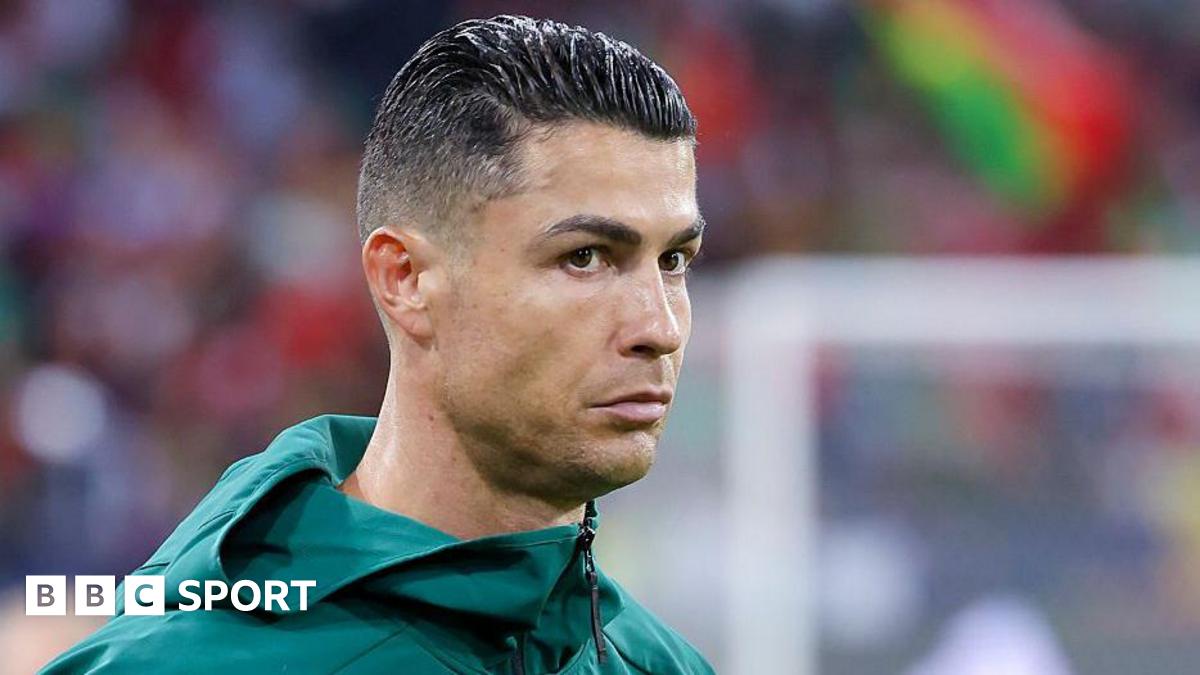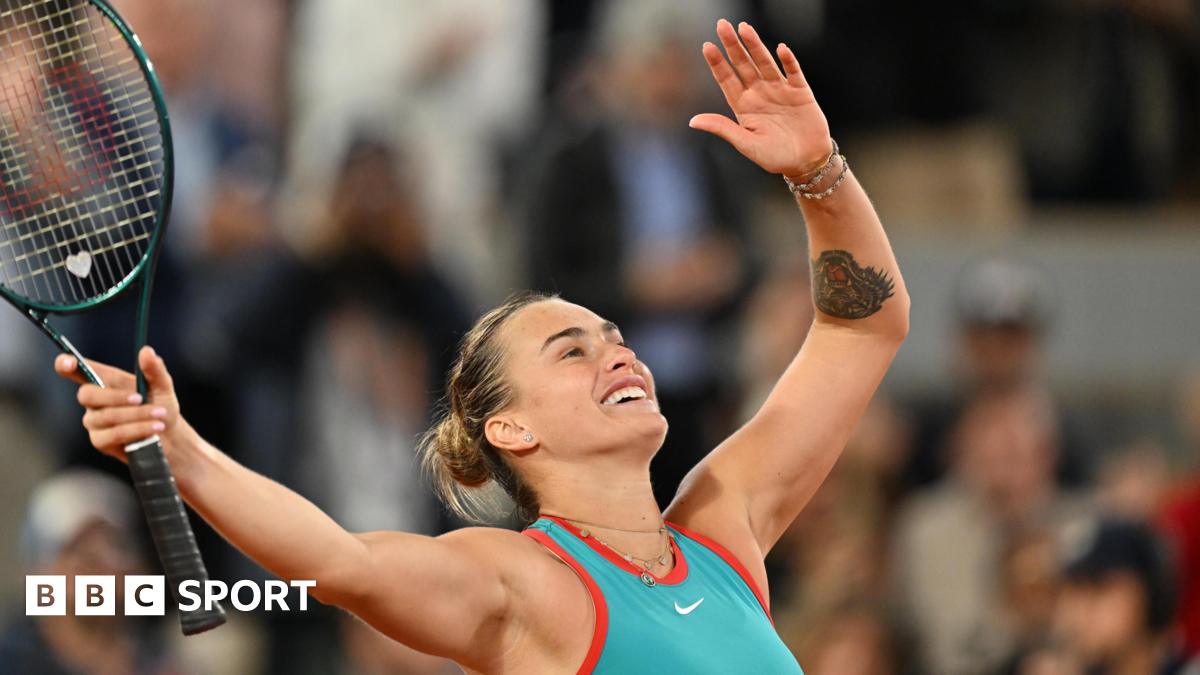
Jeff KassoufMay 29, 2025, 09:15 AM ET
- Jeff Kassouf covers women's soccer for ESPN, focusing on the USWNT and NWSL. In 2009, he founded The Equalizer, a women's soccer news outlet, and he previously won a Sports Emmy at NBC Sports and Olympics.
The U.S. women's national team has always had an abundance of strong leaders and recognizable stars throughout its 40-year history. Many iconic players competed across multiple generations, with 14 of them accumulating 200 caps or more, and three eclipsing the 300 mark. Today's USWNT, however, is marked by youthful inexperience, as head coach Emma Hayes experiments to decide who will join her on the path to the 2027 World Cup.
Hayes started the youngest USWNT lineup in 24 years against Brazil last month. She has doled out 23 first-time call-ups since being hired in November 2023. Fifteen players on the current roster have 10 camps or fewer, and the three goalkeepers have a combined four caps.
All of which underscores this changeover in generations as a jarring moment in USWNT history: For the first time in a long time, there is no obvious face of the team or spokesperson for the larger group.
Alex Morgan, Megan Rapinoe, and Becky Sauerbrunn prominently filled those roles over the past decade, leading the USWNT to back-to-back World Cup titles and standing on the front lines of the fight for equal pay off the field. All three have retired in the past 18 months.
Transitioning generations is natural and necessary for any team, so is it even that big of a deal? Well, yes, it is, considering the uniquely high standards of a USWNT program that has won four World Cups and five Olympic gold medals -- world records in both. It is not the first time that a new generation has had to pick up where its predecessors left off, but the player turnover happening in this cycle is arguably unprecedented.
"Sometimes we just assume that everybody knows what the demands or the standards are for a U.S. women's national team player," Hayes said recently. "But as I've mentioned, we've got a lot of new players that lack a lot of experience. We have to transfer that, and we have to transfer it in the right way."
Last year provided clear evidence that the changing of the guard for the USWNT was going smoothly. Hayes officially took over the job in late May, and by mid-August, the team won the Olympic gold medal. Hayes said then that she couldn't worry about the lack of time she had -- her focus was short-term on the Olympics. Only during the past eight months has she had time to plot out her long-term vision for success.
During February's SheBelieves Cup, Hayes sat down with Lindsey Heaps, Crystal Dunn, Emily Sonnett, Lynn Biyendolo, Tierna Davidson and Sam Coffey to discuss whether they see themselves as leaders -- and how that might not matter, she said, because their teammates view them as leaders anyway. What followed was weeks of conversation among players and staff around how to transfer the "non-negotiables" of work ethic and effort -- and what she frequently calls "the American DNA" -- to a new group of players trying to establish its own identity.
"Their insights are invaluable, and I lean on learnings from them to help this process," Hayes said of her more experienced players. "It's going to be a little bit unfamiliar at this moment in time, but I think we'll go to the next place. I'm certain of that."
1:33
LaBonta: USWNT senior call-up 'a dream for over 20 years'
Kansas City captain Lo'eau LaBonta reacts to her first ever senior call-up to the USWNT at 32 years old.
Heaps is the USWNT's captain and most experienced player with 165 caps. She is a passionate, often unheralded leader who organizes the team behind the scenes, as Hayes pointed out after the team's Olympic triumph in August.
Heaps is one of the few remaining (or, at least, healthy) bridges to the past generation of players. She came onto the scene ahead of the 2016 Olympics and was part of the 2019 World Cup-winning team. Only two other players from that 2019 squad are on the current roster: Heaps and Dunn.
Hayes confirmed last week that Naomi Girma is the vice-captain. Both Girma and Heaps have had to grow into more vocal roles.
"I think it just takes time," Sauerbrunn told ESPN. "If you look at some of the personalities on the team that have retired, that took us a while to get into that after Abby Wambach retired and Shannon Boxx retired [after the 2015 World Cup].
"You just kind of learn a little bit from the people ahead of you and then you have to go and learn on your own as you figure out what you're comfortable with. Some people want to be the spokesperson, and some people are behind there in the weeds."
The USWNT doesn't live in the weeds, however. It is the most famous women's sports team on the planet, and the most successful women's soccer team in history.
Sauerbrunn's generation had to publicly fight the U.S. Soccer Federation and U.S. President Donald Trump as part of its years-long quest for equal pay, which increased attention and scrutiny on the USWNT. Sauerbrunn said she hopes the next generation doesn't have to shoulder as much of a burden off the field -- but she also said it isn't really a choice.
"It's not even if they want to [take on those things], because I think they have a responsibility with this platform," Sauerbrunn said. "But it's what they're comfortable doing within that platform."
Coffey, who has 33 caps, is the captain of the Portland Thorns and one of the USWNT's several emerging leaders. She said her leadership looks different each day based on the USWNT's needs, but she told ESPN "we're in trouble when we're quiet," which means she is constantly a vocal source of positive reinforcement.
Coffey barely played alongside the past generation of stars, but she still regularly seeks advice from Sauerbrunn, her former Thorns teammate, who she calls "the gold standard of what it means to be a leader."
Sauerbrunn was the USWNT's captain at multiple points over the past two World Cup cycles. Rapinoe and Morgan were the faces of the team who became global superstars. Wambach previously filled that spokesperson and star role, and Mia Hamm -- among others -- before that.
At 24 years old and already the vice-captain, Girma is clearly next in line as leader after Heaps. Girma has already taken on some of those duties, but there has been a void of experience around the team for simple reasons: injuries and other absences.
Girma, who became the first player to fetch a $1 million transfer in January, effectively missed the last three USWNT camps due to injury. Davidson tore her ACL in March, days before the camp began for the Brazil games. Biyendolo missed the April games due to injury. Dunn was absent from club and country last fall for personal reasons. And Rose Lavelle has been sidelined all year.
All three forwards who led the USWNT to the Olympic gold medal -- Trinity Rodman, Mallory Swanson and Sophia Wilson (nee Smith) -- have been missing from the team since the gold-medal game, save for a goal-scoring cameo from Rodman in April. Wilson and Swanson are on maternity leave, and Rodman is sidelined again due to a chronic back injury.
Rodman, 23, is emerging as a star who transcends sports into pop culture and is someone Sauerbrunn says could reach the star status of Rapinoe. "And with that, I think she's going to develop the responsibility of being a spokesperson for the team when you are also the face of the team," Sauerbrunn said.
Rodman is electric when she is on the field, and the media attention she has attracted suggests she is already becoming The Next Big Thing™ for the USWNT. Staying healthy is her biggest challenge right now. She said earlier this year that she didn't think her back would ever be 100% healthy.
There is an argument that Hayes is the biggest personality on the team, which further reflects the volatile nature of the player pool. She won the first Ballon d'Or women's coaching award last year, and she instantly commands attention, whether she's in a locker room, boardroom or packed convention hall.
Hayes has appeared to use her platform to absorb and deflect the external pressures placed on a team full of young, talented players like Rodman, Jaedyn Shaw, and 17-year-old midfielder Lily Yohannes. She has preached patience as the group discovers its identity.
"I think you're seeing that this less experienced team are growing up," Hayes said after the team's 2-1 win over Brazil on April 5.
Who among them will take on the vaunted role as one of the next faces of the USWNT? The lack of an immediate answer is an unfamiliar, uncomfortable position for a team so accustomed to having one, but it isn't necessarily something that needs fixing. It's a natural step in the transfer process.

















